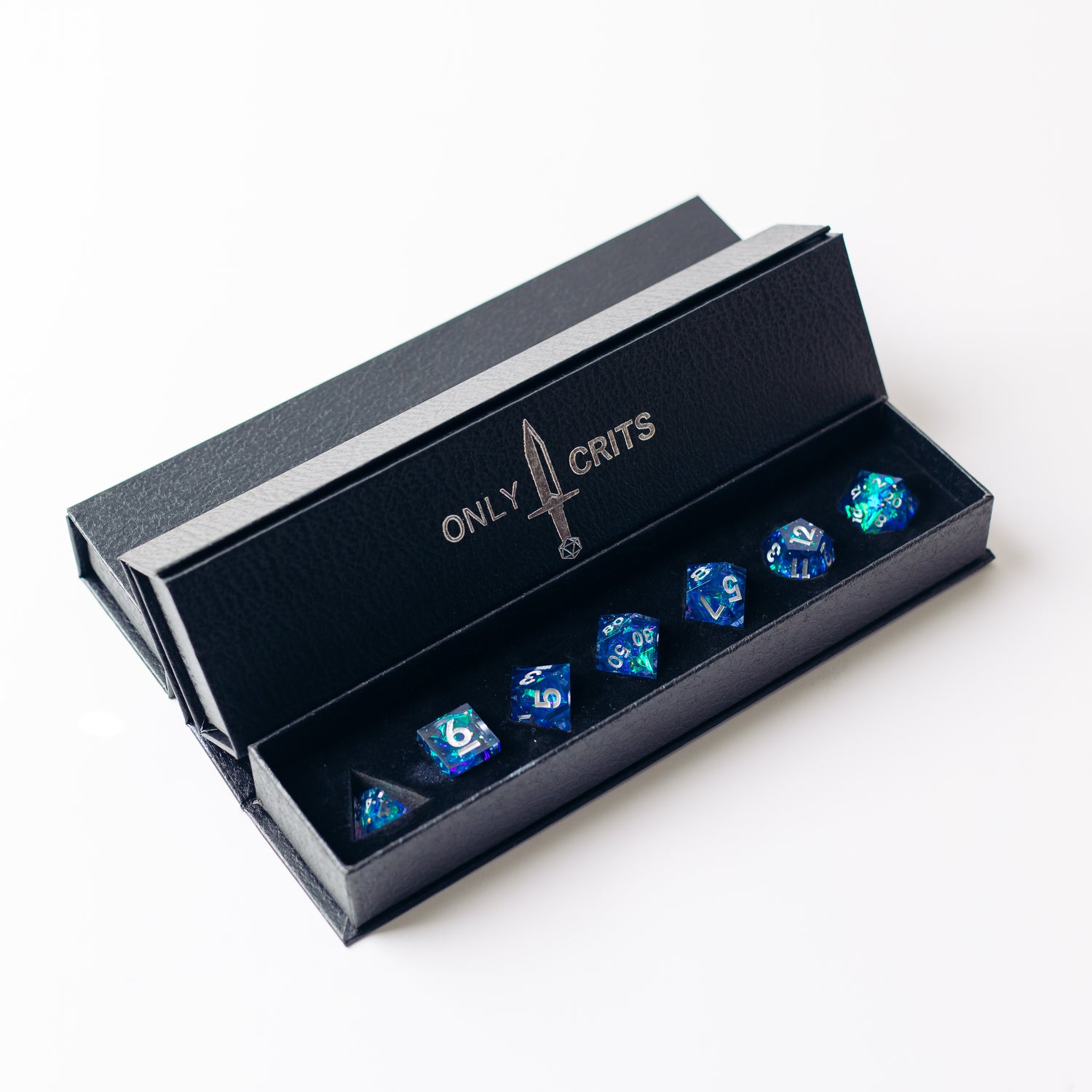-
Give your character a voice
Whoa there! I know, your table doesn’t do that, or you’re not comfortable with it, or all your accents sound terrible. I get it. Giving your character a voice does not necessarily mean speaking in that character’s voice. The idea is to get a firm grasp of what they sound like in your head. Is this a drunken drawl? A prim, clipped accent born from elitism? Or do they struggle over every word since common is their second language? Of course, if you and your table are comfortable with voices/accents I would highly recommend giving it a shot.
Doing a voice for the first time is nerve-wracking but I have found that as soon as the first person gives it a shot, many more will follow. It also comes with the added benefit of making it very easy to delineate when you are speaking in character and when you are speaking as you, which makes play flow nice and smooth. But again, if you don’t want to speak in your character’s voice, be sure to still have it firm in your mind.
-
“It’s what my character would do”
This is a constant struggle for players and DMs alike. A player wants to be faithful to their backstory and alignment. They wanted to play as an edgy assassin rogue and so they feel like they must kill and loot, and that’s justified because it’s what their character would do. Or players want to avoid being the party member that takes actions on their own, striking out whenever they see fit, so they only ever stick to the group and follow the majority. You must erase, or at least blur, the line between you and your character. This absolutely does not mean you should only make characters that resemble you in some way. What it does mean is that you are a player in the real world and a character in a fantasy one, the character must stay true to themselves but the player must stay true to the ideal of participating positively in the game.
We are not, as much as it pains to admit, Daniel Day-Lewis inhabiting a role with every ounce of our being and becoming a new person. Look at it like this: no matter what race, class, or background your character is, they seek adventure and glory, and you know this because they were willing to go on this journey with this party. Maybe they were forced into it by a god or demon, but lesser people have been forced into things as well and crumpled and died under the strain and stress. Your character is brave and resilient (maybe only to a certain extent, not every character has to be Galahad), and the proof is in their presence in the game.
Is that metagaming? Yes, because you must be simultaneously aware that you have obligations along with your character. As soon as you can make that switch, see the party’s goals as your own, the way that your character would go along with it will become clear. You should still have ideas, ways in which you can accomplish those goals, this should not make you a brainless follower to the rest of the party, but now you can use your skills and background and savagery in a way which benefits the players and not just your character. It could simply be they are curious to see how these annoying self-righteous pricks get themselves killed.
-
Character Growth is a Thing
Every character sheet has a space for personality traits, ideals, bonds and flaws; but I want you to add two more: fear and want. These may be made evident by your bond or your flaw, but if you don’t know what your character wants and what they’re scared of you have no basis for what they would do in any given scenario. This doesn’t have to be complicated, they may want to put ancient artifacts safely in museums and fear snakes. That right there is one of the greatest characters of all time.
And this applies to NPCs as well, what a character wants drives them. Once you’ve figured out their want and fear, ask yourself how your character could overcome that fear. Why your character hasn’t accomplished their wants yet, and how they could change to do so. What your character would do next when they do accomplish their goal. Say a vengeance paladin wants to slay the dragon that killed their village, they’re clearly not strong enough to do so alone and so they’ve sought the help of the party. The party is doing other stuff but the paladin still keeps in mind their want, and how that want pushes them one way or another. And then the party gets around to it and kills that dragon.
Then what? Then your character gets to grow, something they’ve been doing all along without even knowing it, they take on another, greater want, perhaps more righteous or cruel. They wish to rid the world of all dragons. They wish to taste dragon flesh again. They wish to protect more villages from slaughter. You know why they want it, it tells you how to move forwards in any given scenario, and it can change. Never be afraid to change. If you notice your character has been killing a lot of children lately, ask yourself why? How does this serve my want? Is this a result of my fear? Is this a change that I am willing to embrace and why is that the case? Knowing what informs your character’s decisions will allow you to make them with ease, everything from dialogue to world peace.
The trick with any roleplay is to get into the head of your character. That’s really the whole point, once you’re there the decisions pretty much make themselves, and as long as you’re not sacrificing the enjoyment of the table (which includes you) then you’re roleplaying right. Don’t ever forget.


